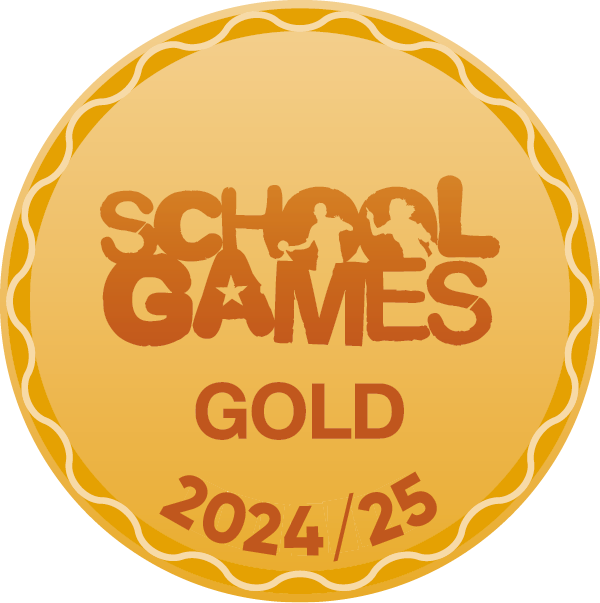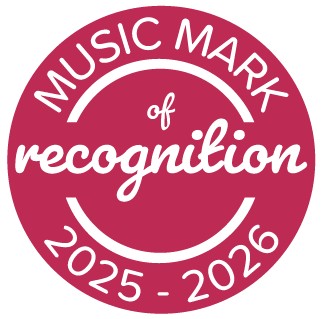16–19 Study Programme
The programme combines the four required elements, detailed below, to ensure all students are prepared for their next steps in education, employment, or training.
1. Substantial Qualifications
The study programme ensures students undertake qualifications that are substantial, challenging, and directly prepare them for their chosen next level of education or employment.
-
Core Programme: All students start on a programme of three A Levels or equivalent Level 3 qualifications. A significant number of students opt to take four A Levels (or equivalent), and all students are offered the opportunity to complete the Extended Project Qualification (EPQ).
-
Curriculum Breadth: The curriculum is broad, balanced, and flexible, offering nearly 40 different subjects. This includes a blend of traditional AS and A Levels, BTECs, OCR Technical Award courses and AAQs (e.g., Medical Science and Early Childhood Development).
-
Progression Focus: The entire qualification structure is explicitly designed to help students transition successfully to university undergraduate courses, higher-level apprenticeships, or employee status.
2. English and Mathematics GCSE Resits
Students who have not achieved a GCSE grade 4 in English and/or Maths are required to continue studying these subjects as part of their programme.
-
Mandatory Resits: Students who have not achieved Grade 4 in English and/or Maths are automatically enrolled in the dedicated resit class for the respective subject.
-
Resit Opportunities: Resits are actively offered and supported in both the November and Summer examination sessions to allow students the best possible chance of achieving the required grade early in Year 12.
3. Work Experience
The programme includes dedicated work experience to enable students to develop their career choices and apply their skills in real working environments.
-
Mandatory Placement: All students are required to complete a week of structured work experience in July of Year 12.
-
Careers Support: This is supplemented by a well-organised careers education program throughout the academic year and strong links with local employers. Students receive ongoing support and guidance through resources like the Unifrog platform's careers and 'Know-How' section.
-
Volunteering: Many students further enhance this experience by using their non-contact time to volunteer either within the school environment or in external settings.
4. Other Non-Qualification Activities (Enrichment and Pastoral)
The study programme includes non-qualification activities essential for developing students’ character, broader skills, attitudes, confidence, and overall progression.
-
Extensive Enrichment: Participation in enrichment activities is actively encouraged and formally integrated. Specific opportunities include:
-
Duke of Edinburgh's Award Scheme (including Gold level).
-
Academic Tutoring of younger students
-
Working in Learning Support.
-
Involvement in School Drama Productions (performing or technical roles) and Music (Choir/Jazz Band).
-
Programmes such as Teachers for Tomorrow.
-
Leadership and Service: Students can apply to become Senior Students through a rigorous interview process and lead significant charity fundraising efforts annually.
-
Pastoral Care: An extensive pastoral programme delivered via morning registration sessions and weekly assemblies covers a variety of themes, ensuring students' well-being and personal development are consistently supported.




